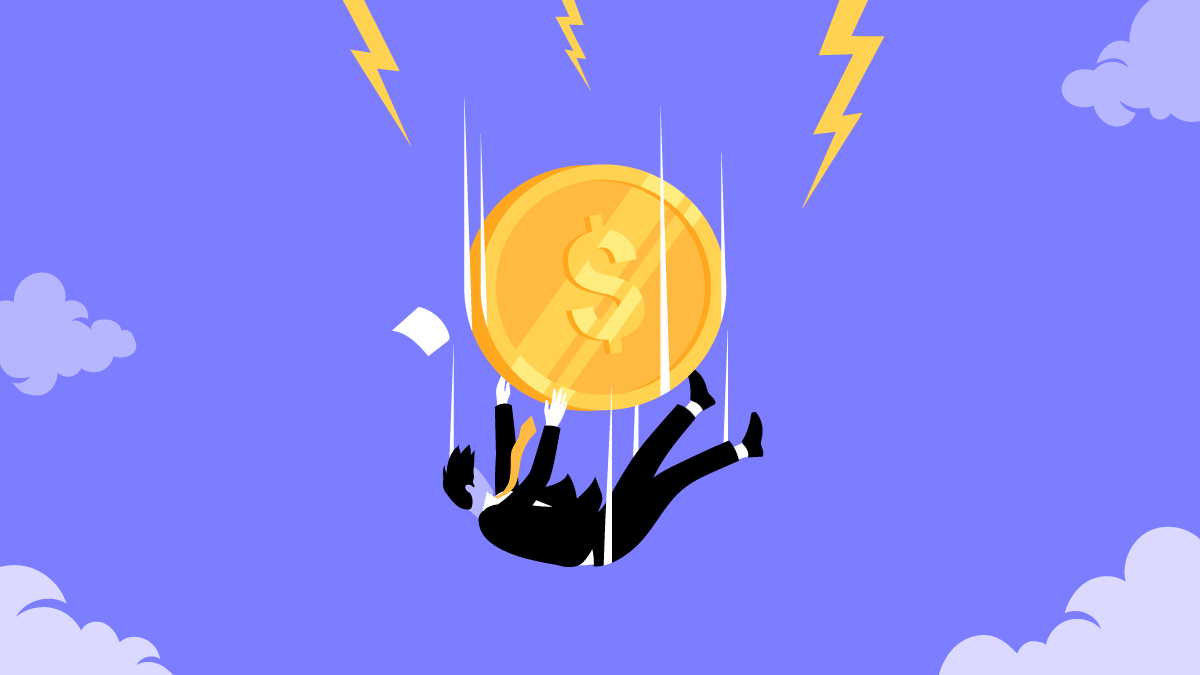
When you find yourself past overdue in making payments, you are likely to run into debt. In such cases, a debt settlement company can come to your rescue and help you draft a plan to settle your debt at a fraction of the money you owe.
However, debt settlement may have a huge negative impact on your credit score. As it still shows up on your credit history, it may seem negative at the outset. But settling an account than not paying at all will not hurt you much in the long term. If you plan to apply for a loan, you may be required to either settle or pay your outstanding debts before qualifying for a loan.
When paying in full is not an option, settling the debt is more beneficial than letting it go as delinquent or defaulter status.
How Can Debt Settlement Help You Make Payments?
Suppose you have several late or skipped payments possibly leading into collection accounts or if you anticipate a scenario where you will be unable to make payments on time, debt settlement can come into play.
Settlement companies help negotiate with your creditors to reduce your burden, typically on unsecured debt like credit cards. Once you enroll, you stop making direct payments to your creditors.
Instead, you have to open a savings account to deposit a monthly payment there. Once the payment gets accrued, and the account has a reasonable lump sum offer, the companies negotiate with the creditor on your behalf to agree upon a smaller amount.
Your creditors may or may not be open to taking this offer unless they believe it’s the best they can avail from you. Debt settlement services step in to present a compelling offer to your creditors and take up the responsibility of closing your debts in the best way possible.
How will Your Credit Score pan out When you Opt for Debt Settlement?
The credit score is a rating system used by lenders to assess your creditworthiness and ability to repay a loan. A stronger credit score indicates that accounts have been paid on time in accordance with the credit agreement.
On the other hand, with a settlement plan, you only agree to pay back a portion of your debt. Even though you are reducing the load of your obligations and the creditors are paid some money, it can cause a subsequent drop in your credit score. Since you have not paid in full and are not adhering to the credit agreement, it can hamper your credit score and may remain in your credit history for a minimum of 7 years.
Still, it’s better to have a reduced debt burden, and debt settlement can put you on the path towards a better financial future. Here’s how:
Settled Debts are Better than Unpaid Debts
When you negotiate a settlement with your lender or creditor and seek the services of a debt settlement company, you are at least taking a step to pay rather than being a defaulter. If the lender agrees to the settlement, your debt is reported to credit bureaus as “settled” rather than “not paid.”
In some cases, it is also possible for settlement companies to negotiate with the lenders to report a settled account as “paid in full.”
Since you may have already fallen behind on payments, your credit score may have already taken a hit. It’s best to have a settlement process initiated before your account is assigned to a collection agency. Before your credit score suffers, even more, you can reach out to the lender with a negotiation offer before the point of “charge-off” and minimize further damage to your credit score.
Settling Current Debts vs. Old Accounts
Generally, more weightage is given to current accounts that tend to have maximum impact on your credit history. If you are behind on other older debts, it’s best to close a newer or current account before attempting to save a long-overdue account. Trying to settle an old account could potentially reactivate the debt and show your credit history in a bad light.
Conquer your Finances Before it Goes Out of Control
According to the American Fair Credit Council, a consumer can expect 30% savings after debt settlement. Although a ding in credit score is inevitable, it may remain a short-term impact. Consider the cost of not settling your debt in the long-run. It can lead to continuous misses on payments, going into default, and collection attempts that can end up doing more long-term damage to your credit score.
The Bottom Line
When it comes to the question of settling a debt, the solution depends on the amount of debt you have and your current debt standing. Before you decide that settlement is right for your case and opt for negotiation, consult professional experts from a reputable debt settlement company who can suggest the best course of action to resolve your crisis and help you minimize the impact on your credit score.




